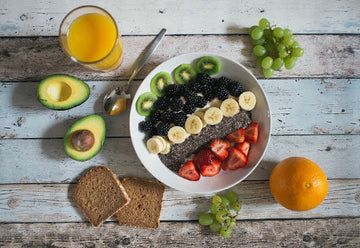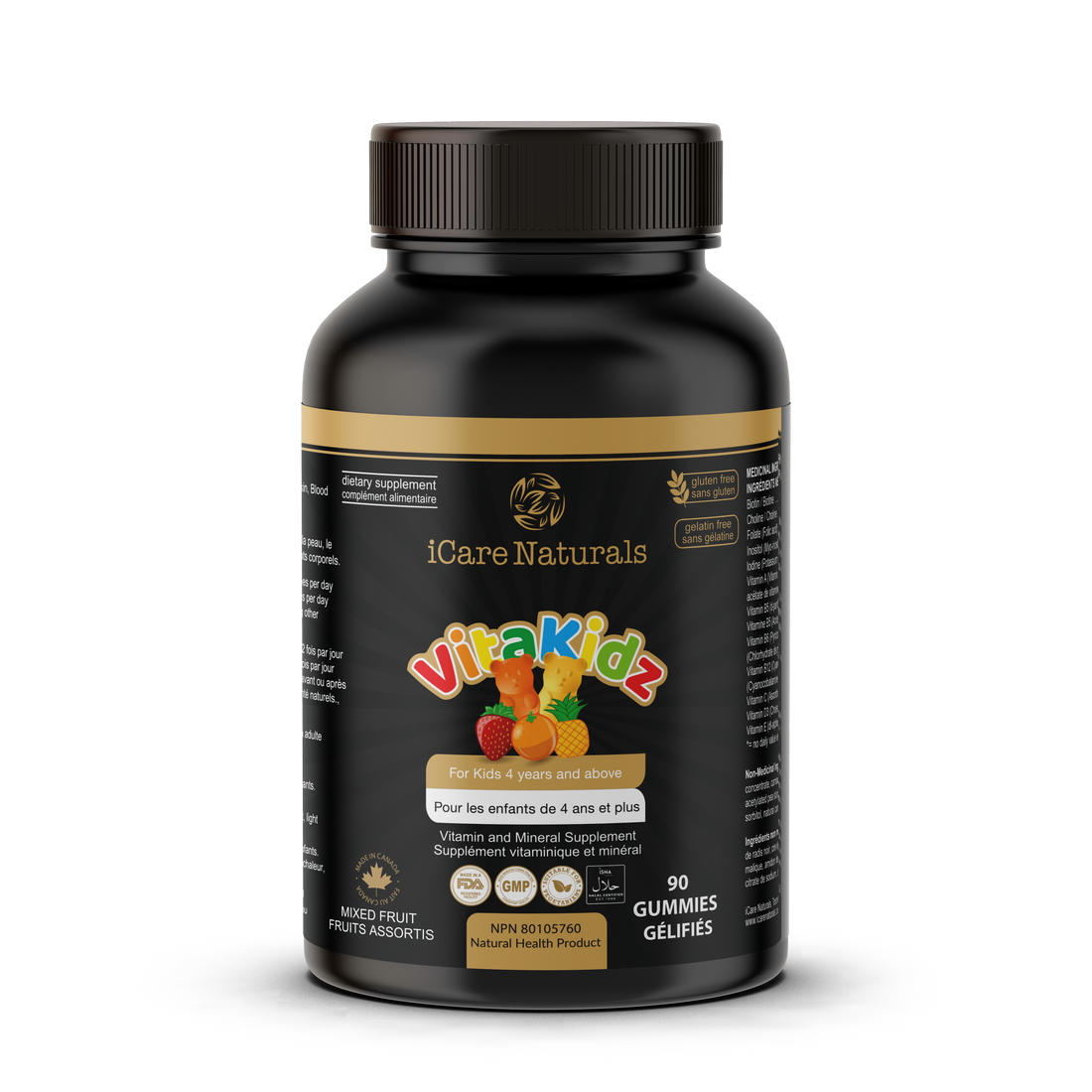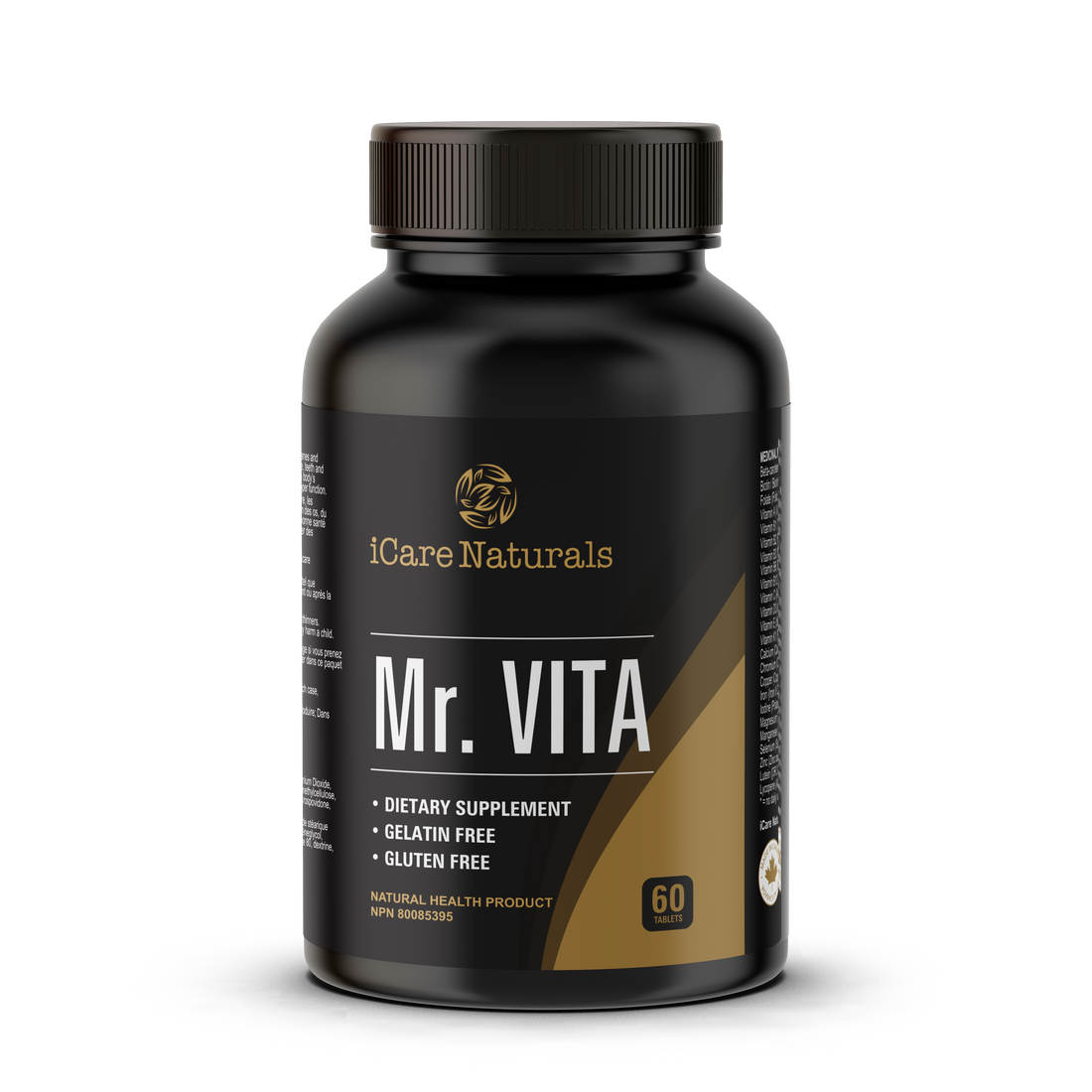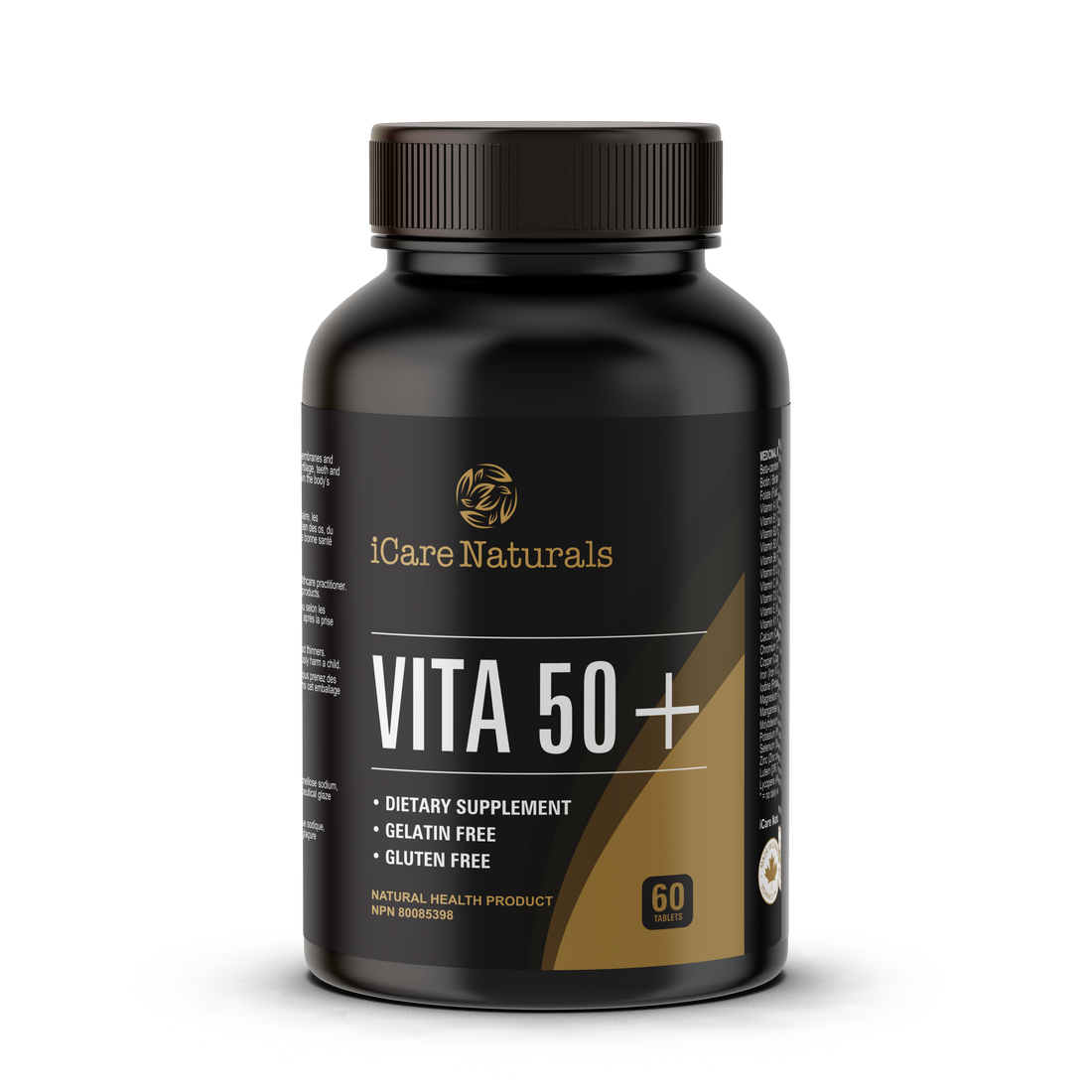Calcium is an essential mineral that plays a role in the maintenance of healthy bones. Low calcium levels can lead to osteoporosis and other skeletal disorders in adults, while children need fruits with the most calcium for the development of strong bones.
Here are 10 foods that are rich in calcium:
1. Raspberries

Raspberry fruits are high in calcium - contain 18 mg of calcium per serving. They are also a good source of vitamin C, potassium, and fiber. Raspberries have only 86 calories per cup (about 50 raspberries), making them a great snack for anyone trying to watch their calorie intake.
Raspberries help prevent heart disease by reducing the risk of blood clots that can cause heart attacks or strokes. In addition to reducing your risk for cardiovascular disease, raspberries may also help protect against cancer due to their high antioxidant content.
2. Plum

Plums are also a good source of calcium, with one cup containing over 20% of your daily calcium needs. They're also high in vitamin C, an antioxidant that helps protect cells from damage.
Plums contain pectin, which helps prevent constipation and may reduce the risk of cancer by stopping the growth of tumors.
3. Kiwi

Kiwi fruit is a great source of dietary fiber, potassium, magnesium, and vitamin K. The fruit is green on the outside and covered with brown fuzzy skin. Kiwis are rich in vitamin C which makes them an excellent antioxidant.
Kiwi fruits contain only 75 milligrams of calcium per 100 grams but they have many other health benefits including their ability to lower blood pressure and cholesterol levels as well as boost cardiovascular health by reducing bad cholesterol levels while increasing good cholesterol levels in the body.
In addition to providing several vitamins and minerals such as potassium, magnesium, iron, etc., kiwis also provide high amounts of antioxidant compounds like flavonoids which help prevent oxidative damage from free radicals that might otherwise cause premature aging or cancerous cell growth within our bodies.
4. Oranges

Orange is a delicious fruit and an excellent source of calcium. One large orange contains about 150 mg of this mineral, making it approximately half the daily recommended intake for adults.
Calcium is essential for strong bones and teeth, muscle function, and blood clotting. Consumption of fruits high in calcium also helps maintain normal nerve function and blood pressure levels. Calcium deficiency can lead to osteoporosis (a condition characterized by weak bones), but eating plenty of fruits like oranges can help prevent this condition from developing!
5. Guava

Guava is rich in calcium. It also has high water content and low calories. Guava fruit contains more than 152 milligrams of calcium per 100 grams, making it an excellent source of this mineral. In addition to calcium, guava is also rich in vitamin C, which helps your body absorb more nutrients from food.
According to the USDA National Nutrient Database for Standard Reference, one cup (168 grams) of raw guava contains 68 calories and offers 140 percent of your daily recommended amount of vitamin C.
6. Apricots

Calcium content: 100 mg per apricot, or 10% of your daily value. Calcium is important for strong bones and teeth, as well as muscle strength and blood clotting.
Apricots are an excellent source of Vitamin A and Vitamin C. They also contain potassium, iron, magnesium, and phosphorus which help regulate blood pressure; teeth enamel; bone growth; energy production; nerve function; red blood cell formation, and serotonin production in the brain (which helps with depression).
7. Papaya

Papayas are rich in vitamin C, which helps your body absorb calcium better and build stronger bones. They also contain potassium that can help lower blood pressure, making them an excellent food for people with hypertension or other cardiovascular diseases.
8. Pineapple

Pineapple is considered a calcium-rich fruit that contains about a quarter of the daily recommended amount of calcium. This tropical fruit also contains vitamin C, which is needed to help your body absorb calcium. Pineapple is also rich in manganese, which plays a role in bone health and formation.
9. Peach

You probably know that peaches have a lot of vitamin C, but did you know they can also help maintain healthy bones? Peaches contain potassium and magnesium—two nutrients that are essential for maintaining healthy bone structure. They also contain calcium, which is an essential nutrient for keeping your bones strong as well as helping to prevent osteoporosis.
There’s no need to limit yourself to eating peaches fresh from the tree when they’re in season; the vitamin C content actually increases after being stored at room temperature for two days or more!
10. Mango

Mango is a tropical fruit that is not only delicious but also highly nutritious. Mangoes are an excellent source of vitamin A and beta-carotene, as well as containing high levels of potassium and vitamin C. Mango juice has been shown to help lower blood pressure, while the flesh of this fruit can help boost your immune system with its array of vitamins.
While mangoes are rich in calcium, they don't contain as much as other common fruits such as oranges or tangerines. However, despite their relative lack of calcium content compared to other fruits on this list (oranges contain over 300mg per 100g), mangoes are still worth including in your diet for their other beneficial properties.
These are just a few fruits with the most calcium. There are many others that you can eat and enjoy. You should be careful about how much sugar is in the fruits you eat though because too much sugar can cause health problems like diabetes or heart disease. It's best to choose organic fruit whenever possible because they tend to have less pesticide residue than conventionally grown foods.











